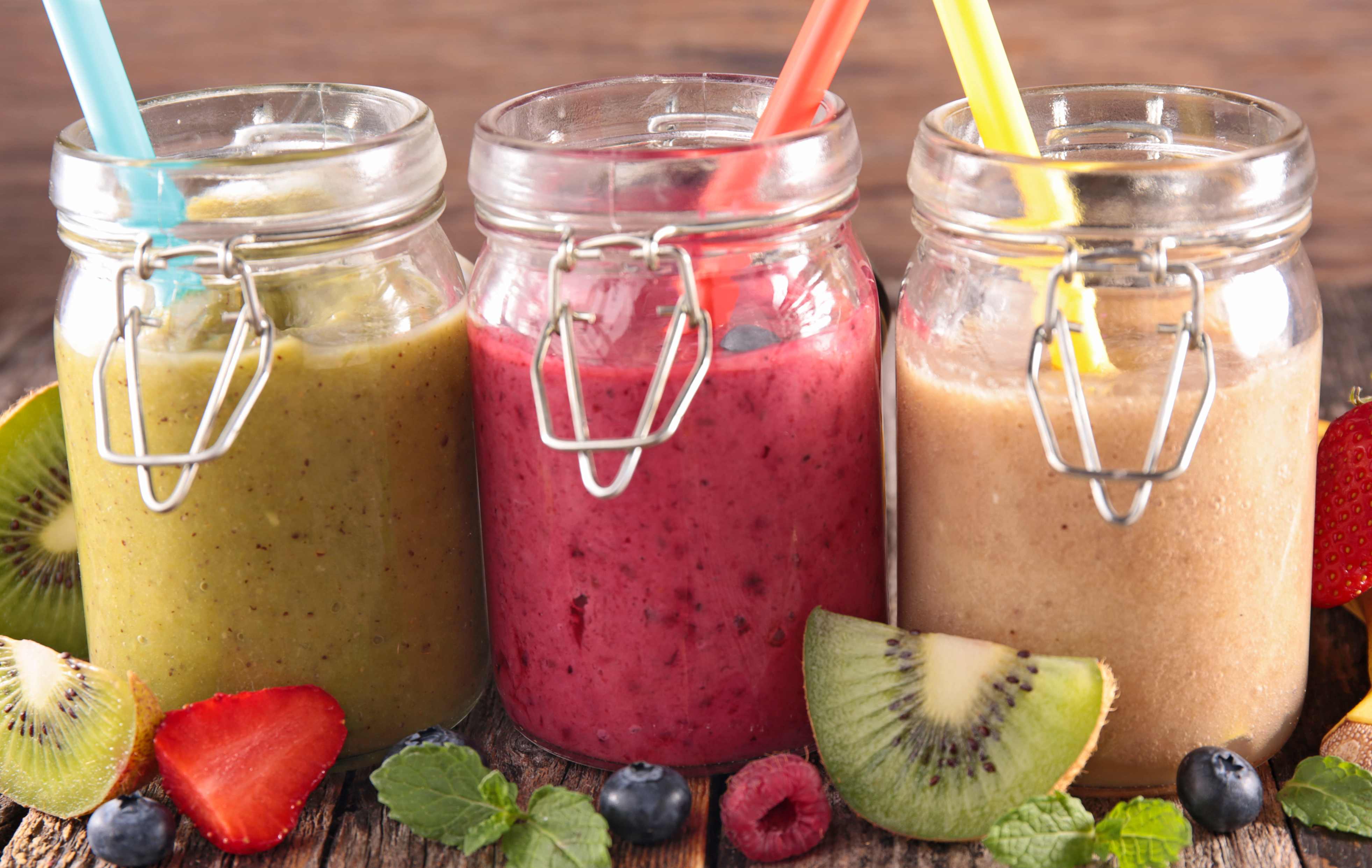
From Kitchen to Wellness. The Multifaceted Benefits of Honey as a Sugar Substitute.
Honey’s Natural Way to Keep It Light
Sugar often dominates discussions around sweeteners, but honey deserves attention for its unique benefits and versatility. This golden nectar not only adds a delightful taste to various dishes but also offers numerous health advantages that make it an appealing substitute for traditional sugar. Let’s delve deeper into why honey might be the perfect choice for those seeking a healthier way to satisfy their sweet tooth.
Natural Sweetness with Nutritional Benefits
One of the most compelling features of honey is its status as a natural sweetener. Unlike refined sugar, which undergoes extensive processing, honey is produced by bees from the nectar of flowers, allowing it to retain some of its natural nutrients. These include vitamins, minerals, and antioxidants that are often absent in processed sugars. For instance, honey contains small amounts of B vitamins, vitamin C, and essential minerals like calcium and iron. This nutritional profile means that while sugar provides empty calories, honey offers a bit more in terms of health benefits.
Quench your thirst with delicious no sugar drinks, naturally sweetened with honey for a guilt-free indulgence. The secret is out here
Nutritional Comparison
| Nutrient | Honey (per tablespoon) | Sugar (per tablespoon) |
| Calories | 64 | 49 |
| Vitamin C | Trace amounts | None |
| Calcium | Trace amounts | None |
| Iron | Trace amounts | None |
| Antioxidants | Present | Absent |
The presence of these nutrients makes honey not just a sweetener but also a functional food that can contribute positively to your overall diet.
Lower Glycemic Index
Another significant advantage of honey over sugar is its lower glycemic index (GI). The glycemic index measures how quickly a food raises blood sugar levels. Foods with a high GI can cause rapid spikes in blood sugar and insulin levels, leading to energy crashes later on. Honey typically has a GI ranging from 35 to 55, compared to refined sugar’s GI of around 6535. This means that honey can provide a more gradual release of energy, making it particularly beneficial for individuals looking to manage their blood sugar levels or avoid the rollercoaster of energy highs and lows.
Implications for Blood Sugar Management
For those concerned about diabetes or blood sugar fluctuations, incorporating honey into their diet may help mitigate the rapid spikes associated with traditional sugars. By choosing sugar-free drinks sweetened with honey instead of refined sugars, individuals can enjoy sweetness without the detrimental effects on their blood glucose levels.
Have you ever wondered why certain fruit juices and drinks can cause your blood sugar levels to spike so quickly? Utopian Drinks has a little secret regarding pre-fiber and fruits like mangoes and pineapples that might help explain this phenomenon. Click here to know more.
Antioxidant Properties
Honey is rich in antioxidants—compounds that help protect your body from oxidative stress and inflammation. These antioxidants play a crucial role in maintaining overall health and may reduce the risk of chronic diseases such as heart disease and cancer. In contrast, refined sugar lacks these beneficial properties, making honey a superior choice for those looking to enhance their diet with protective compounds.
Types of Antioxidants in Honey
- Flavonoids: These antioxidants are known for their anti-inflammatory properties.
- Phenolic acids: These compounds help combat oxidative stress.
- Enzymes: Honey contains enzymes that can aid in digestion and overall health.
By choosing honey as a sweetener, you not only enhance flavor but also support your body’s defenses against various health issues.
Flavour Variety
One of the joys of using honey as a substitute for sugar is the variety of flavors it offers. Honey comes in many different types—such as clover, wildflower, manuka, and buckwheat—each with its unique taste profile. This diversity allows you to experiment with different honeys to enhance your recipes in exciting ways. Whether you prefer the mild sweetness of clover honey or the robust flavor of buckwheat honey, there’s a type for every palate.
Culinary Applications
- Beverages: Use honey to sweeten herbal teas or smoothies.
- Baking: Substitute honey for sugar in baked goods for added moisture and flavor.
- Dressings: Create delicious salad dressings by mixing honey with vinegar and oil.
Switch to sugar-free drinks sweetened with honey and enjoy a delightful blend of flavor and health benefits to know more click here
By incorporating various types of honey into your cooking, you can elevate your dishes while enjoying the health benefits they provide.
Versatile Uses
Honey’s versatility extends beyond just being a sweetener; it can be used in various culinary applications. Whether drizzling it over yogurt, stirring it into tea, or using it as a sweetener in baking, honey enhances both flavor and nutrition. Additionally, its antibacterial properties make it an excellent natural preservative for homemade jams and marinades.
Examples of Versatile Uses
- Yogurt Topping: Drizzle over yogurt for added sweetness and probiotics.
- Marinades: Combine with soy sauce and garlic for a flavorful marinade.
- Homemade Sauces: Use as a base for barbecue sauces or glazes.
This adaptability makes honey an invaluable ingredient in any kitchen.
A Natural Soothing Agent
In addition to its culinary uses, honey has been prized for its medicinal properties for centuries. It’s known for its soothing effects on sore throats and coughs—making it a popular remedy during cold and flu season. When mixed with warm water or herbal teas, honey can provide relief while adding sweetness without the drawbacks associated with refined sugars.
Medicinal Benefits
- Sore Throat Relief: Honey coats the throat and alleviates irritation.
- Cough Suppressant: Effective in reducing cough frequency and severity.
- Digestive Aid: Can promote gut health due to its prebiotic properties.
Incorporating honey into your wellness routine can enhance your overall health while providing delicious flavour.
Moderation is Key
While honey has many benefits over traditional sugar, it’s crucial to remember that it is still a form of sugar and should be consumed in moderation. Just like any sweetener, using too much honey can lead to excessive calorie intake and potential health issues. The key is to enjoy it mindfully as part of a balanced diet.
Recommendations for Consumption
- Limit daily intake to about one tablespoon per day.
- Use honey sparingly when sweetening beverages or foods.
- Opt for sugar-free drinks that incorporate natural sweetness from honey rather than refined sugars.
By practicing moderation, you can enjoy the benefits of honey without overindulging.
Honey is not just a sweet treat; it’s a nutritious alternative to refined sugar that offers numerous health benefits. With its natural sweetness, lower glycemic index, antioxidant properties, and delightful flavor variety, honey makes an excellent substitute in many recipes. By incorporating honey into your diet mindfully—especially through options like sugar-free drinks—you can savor its delicious taste while reaping its health benefits.
So next time you reach for the sugar bowl or consider purchasing beverages labeled as “no sugar drinks,” think about swapping them out for this golden elixir—you might just find that sweetness tastes even better!








